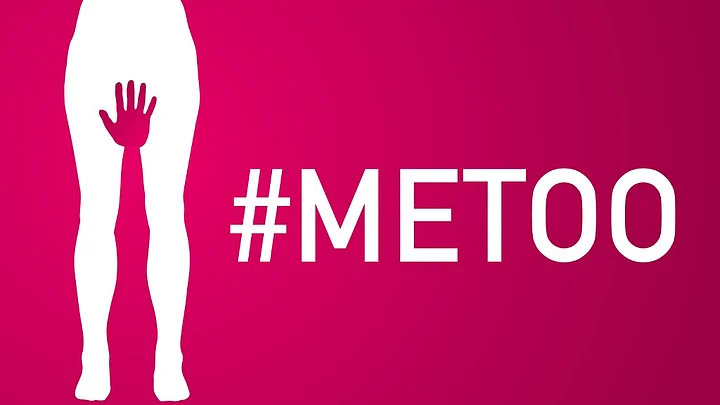They say that if you have to understand a story and fully grasp the version put out in front of you, you must understand the story behind the storyteller.
If you’re contemplating on the above, here’s one twiddling question for you:
Who are our primary storytellers?
The news? The media? Our journalists, among others?
Perhaps.
What happens when the Portuguese Press Chief, at a global event, goes up on stage and applauds his women colleagues by addressing them as his ‘angels’?
We come back to the story behind the storyteller. We come back to the blatant sexism hiding behind apparent goodwill.
One of our storytellers turn out to be a giant decoy, seemingly paying lip service to a cause.
The event in question was one that was preceded by a three-hour affair that sought to address gender inequality at the workplace.
This year, ‘The Women In News Summit’ preceded the ‘World News Media Congress’ conference in the Portuguese resort of Estoril. And the irony wasn’t quite lost on the attendees.
All was well at the conference, until...
The chairman of the Portuguese Association of International Press, Joao Palmeiro, took to the stage, called himself “Charlie” and the women colleagues surrounding him, his “angels”. He then tried to kiss a colleague...
...out of the blue,
on the stage,
at a global media event that had ‘gender inequality’ on its agenda.
Oh, also, he tried to don a cape on one of the ladies.
In an interview that Palmeiro gave to journalist Yusuf Omar later, he mentioned that what he did would be considered completely ‘normal’ back in Portugal.
It sends shivers down my spine to imagine an ecosystem that brands such reprehensible behaviour as ‘normal’. That would mean there is no space for an alternate viewpoint.
That would mean an erasure of everything a summit of this kind hopes to resolve.
Palmeiro was, however, made to apologise, which only makes me wish that it was unfeigned, because if there is no true acceptance, it leaves no room for either acknowledgment or regret. Even if the wrongdoing gets called out.
The Master of Ceremonies did not lag behind either. Among the many jokes cracked on stage, one was worded in this manner, “The media are a lot like breasts, the fake ones are often the more appealing.”
Post this, the president of WAN-IFRA, Michael Golden, apologised on stage and the World Editors Forum tweeted a response to the backlash received on social media:
Fair enough.
Palmeiro’s actions don’t necessarily represent the entire event, and the people in question have apologised.
But the question remains:
Does ‘sorry’ help?
Yes, ‘sorry’ is one step forward, but are we sufficiently delving into the reasons why what is wrong is deemed wrong? Are our systematically normalised sensibilities being called out?
If the first thing that strikes me when a woman stands before me is the socially assigned gender role, and I can’t help but engage in banter based on the same, there is a problem.
The problem is that of ‘gender inequality’; of treating someone differently on account of their gender — the problem that WNC 2018 was trying to address.
If you don’t have gender equality in your newsroom, it’s like running on one leg. And in the current climate, the male leg is limping.- Barbara Kaija, Group Editor in Chief, Vision Group, Uganda
(At The Quint, we question everything. Play an active role in shaping our journalism by becoming a member today.)
